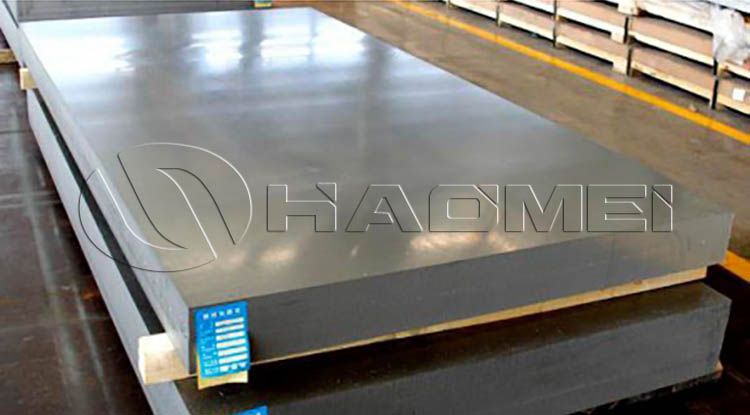Get in touch
-
Email:
sale@alumhm.com -
Tel/whatsapp:
+86-15978414719 -
Fax:
+86-0371-65621393 -
Address:
No.14 Waihuan Road, CBD, Zhengzhou, China -
Website:
https://www.aluminium-auto-sheet.com
What Are Aluminium Alloy 6101 Properties
6101 aluminum alloy
belongs to the Al-Mg-Si family of wrought alloys. It features magnesium (0.35%-0.80%) and silicon (0.30%-0.70%) as core strengthening elements, achieving performance improvements through the formation of the Mg₂Si phase. Aluminium alloy 6101 properties are as the following:

Balanced conductivity and strength: Base conductivity reaches 55% IACS, rising to 60% IACS with optimized processing, far exceeding the 40% IACS of 6061-T6. At the same time, its tensile strength reaches 200-240 MPa, comparable to copper wire yet 50% lighter.
Universal adaptability: 6101 aluminum has a density of only 2.7g/cm³, corrosion resistance exceeding 1000 hours in a neutral salt spray test, and weld strength exceeding 90% of the parent material, making it perfectly suited for complex automotive applications.
Processing flexibility: It can be rolled into sheet thicknesses ranging from 0.5-500mm and widths from 100-2600mm, meeting diverse needs from precision components to vehicle body structures.
Tempers
The performance differences of 6101 aluminum alloy are primarily determined by the heat treatment process. Different mainstream conditions correspond to specific automotive applications, as follows:
T4 temper: Using a solution treatment followed by natural aging, its core performance is characterized by a yield strength of approximately 120 MPa and excellent ductility. In the automotive industry, it is commonly used in conductive applications requiring a certain degree of formability, such as battery flexible connectors and formable conductive components.
T61 temper: Aluminum 6101 t61 utilizes solution treatment followed by medium-temperature aging at 180-200°C for 8-12 hours (the aging temperature is lower than T63, allowing for greater flexibility). In terms of core performance, it has a tensile strength of 190-220 MPa, a yield strength of approximately 170 MPa, and a conductivity of 50%-55% IACS. Its stress relief is superior to that of T63, effectively reducing dimensional deformation during long-term use.
In automotive applications, it is suitable for high-precision conductive components with stringent dimensional stability requirements, such as battery terminal brackets for new energy vehicles and conductive end plates for onboard motors. These components require both strength and conductivity while avoiding assembly deviations caused by residual stress.
T63: Produced through a high-temperature aging process at 205°C for 24 hours, 6101 T63 aluminum alloy exhibits the core properties of a tensile strength of 205-240 MPa and a conductivity of 55% IACS. This combination of high strength and excellent conductivity makes it suitable for high-performance conductive components such as charging pile busbars and 800V high-voltage wiring harnesses.
